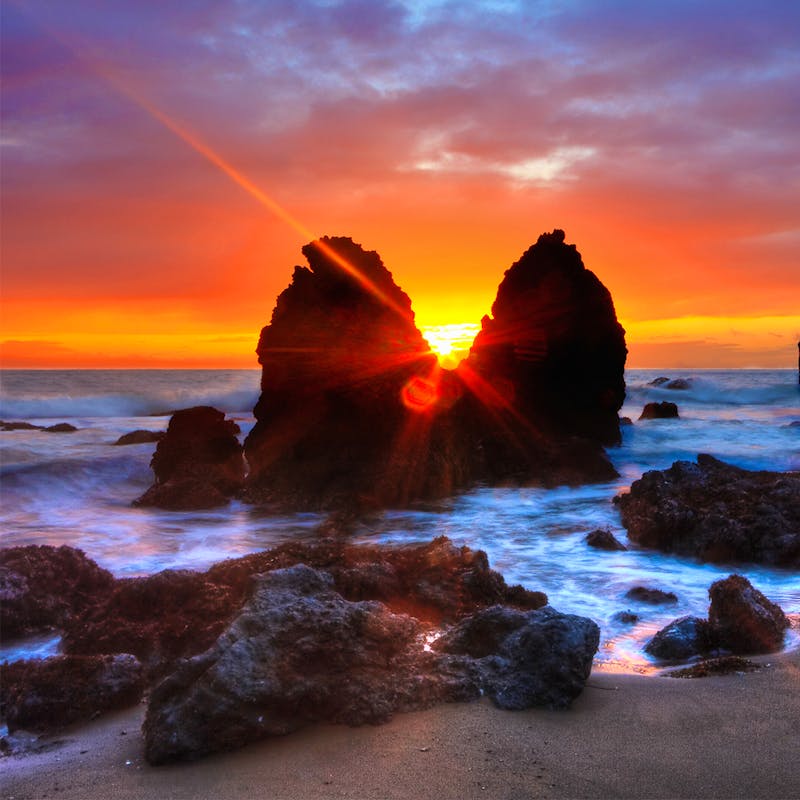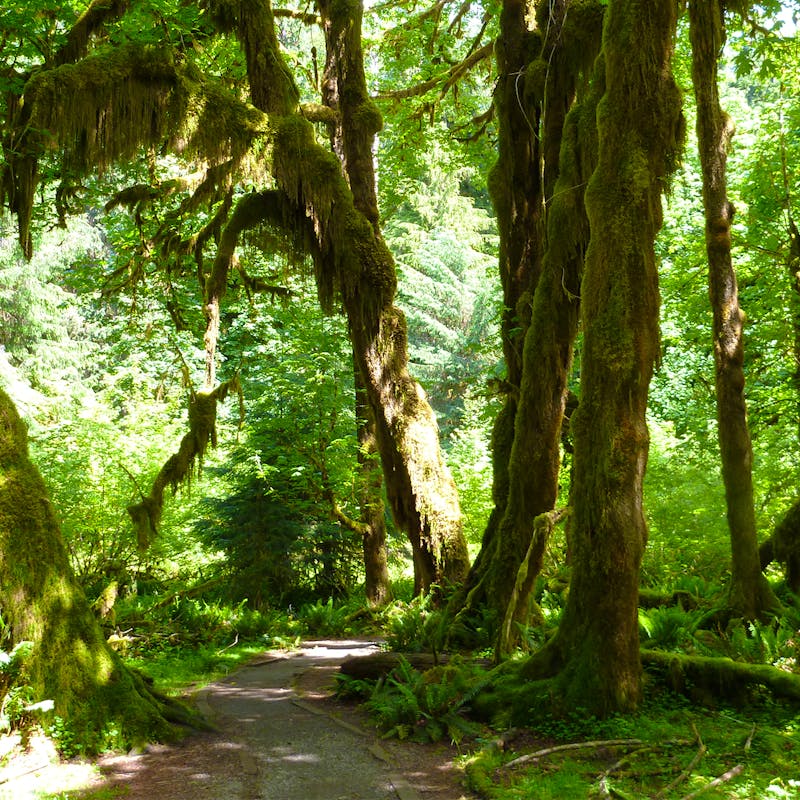As a wildlife conservation organization, Defenders values wild places and wilderness areas for the important ecosystem services they provide, including habitat for imperiled species. But we also assign value to these naturally rich places for the role they play in the maintaining the mental and physical well-being of people.
This year during the legislative session in Oregon, we are asking how can we make outdoors accessible to all Oregonians? Defenders is a strong advocate for diversity, equity and inclusivity in wildlife conservation where the benefits from biodiversity conservation are enjoyed by all and the impact of biodiversity loss is also equally shared by all. The latter is especially challenging since it is often the underserved and the underrepresented who are left to bear the burden of environmental degradation and climate change impacts.
Accessibility to the outdoors also brings those values of equity to the forefront. Wildlife conservation and outdoor recreation can be a privilege for some communities, and privilege can take many forms. It can be a privilege of wealth, for instance, whether you can afford to spend time outdoors, travel to a place or buy the necessary gear. It can also be a privilege of culture — whether you have traditional, family or cultural history that will encourage and support you to spend time outdoors.
I was born in India to a medium-income family where outdoor recreation was not a priority, and neither was it part of our culture. I did not have the privilege of traditions and family history that would encourage me to spend time outdoors. But I did have the privilege of growing up in one of the most biodiverse regions in the world with tigers, rhinos, elephants and leopards, and a family that had immense respect for the natural world. So I turned my passion for wildlife into pursuing a conservation career, which in turn opened the outdoors to me — as a researcher and as a field conservationist. Now my idea of a fun weekend is backpacking, hiking or swimming in one of the hundreds of lakes in Oregon, much to the dismay of my urban dwelling friends and to the delight of my dog.



Lack of privilege, whether it is economic, cultural or social, can hold an individual or a community back. However, we believe that conserving wildlife and enjoying Oregon’s natural resources is the right of all Oregonians, not the privilege of a few. One of the primary avenues we are focusing on to promote conservation and to open up access is the Oregon Conservation and Recreation Fund (OCRF) under Oregon Department of Fish and Wildlife (ODFW).



Established with significant bipartisan support in the 2019 legislature, OCRF funds grassroots level initiatives and projects that support conservation (especially ones that align with the Oregon Conservation Strategy) or nonconsumptive outdoor recreation. Sometimes a project can be both (e.g. community science project). Through OCRF, our state recognized that the complexities of conservation and recreation cannot be addressed by a state-level solution, given the diversity of our landscapes and of Oregonians. Instead, by funding local and grassroots groups and organizations, OCRF empowers them to find innovative ideas and local solutions to address conservation and recreation needs in their own communities. This bottom-up approach to conservation and recreation is unique within ODFW and should be encouraged and supported by the state.
OCRF was formed with the promise of a $1 million general fund match. However, the general fund dollars were taken away in 2020 because of pandemic-related budget cuts, leaving OCRF stranded. The OCRF advisory committee has done an excellent job fundraising close to $250,000 —from private and charitable donations alone, which is especially significant during economically challenging times caused by the pandemic. But promoting stewardship of our natural resources should not be the responsibility of private citizens and entities alone. It is equally the state’s responsibility. We are advocating for restoring funding to OCRF this session. There are multiple bills to advance the issue but the two primary ones are HB 2171 and HB 2600.
If you are an Oregonian and care about outdoor recreation, call your state representative and senator and let them know why you care about the Oregon Conservation and Recreation Fund and would like to see it funded. The COVID-19 pandemic has shown us that connection with nature and having access to wilderness and wild places has an unquantifiable but significant role on our mental health and overall well-being. When we are limited in our ability to connect with one another, nature is the one common connection we have, and we want to ensure that it remains true for all Oregonians.












Follow Defenders of Wildlife
facebook twitter instagram youtube tiktok threads